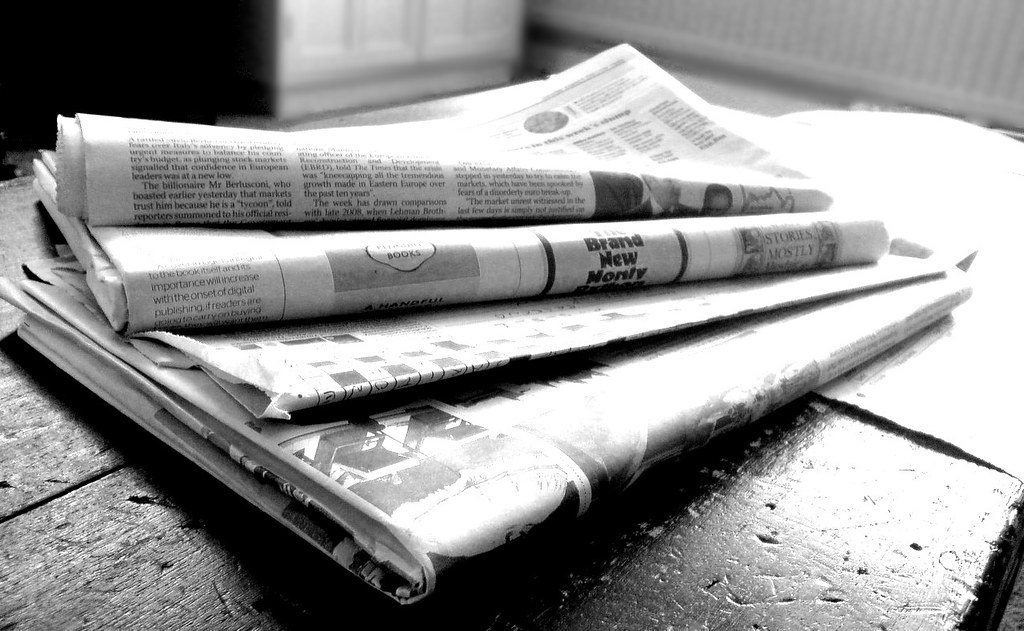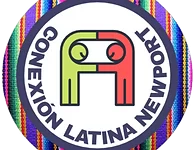By: Morgan Rizzo | Staff Writer
After motioning to her living room behind her in her home in Providence, Rhode Island, Abigail Sherwood reveals she should be living in a college dorm room at American University in Washington D.C. Due to the uncertainty of the coronavirus, the university decided to turn to
fully remote learning within weeks of returning.
With the newness of the coronavirus, Sherwood struggles finding reliable sources with adequate information. “I kind of find equally credible, and completely reliable sources, but they are saying completely different things” she explains.
With a large range of news sources in today’s society to choose from, it can be overwhelming for people to find the right outlet with credible information. In a time of uncertainty, it is hard to find facts not based off of opinions, bias, or even guesses.

Society grapples with finding the truth in news they read, watch, and listen to. “Half of Americans say they find it difficult to determine what is true and not true about the outbreak, while 49% say they find that task easy. And close to two-thirds of adults (64%) say they have seen at least some news and information about the coronavirus that seemed completely
made up” said Pew Research.
Another college student, Joe Escadon at Salve Regina University, uses a mental strategy to determine the reliability of his news sources about the coronavirus. “Depending on if it’s just some random Instagram account, I’m obviously not going to trust that. But if it’s something like The Economist or The Wall Street Journal, or the New York Times, something that’s known to be a respectable news source, I will go off that as opposed to something that I just see on Instagram” he says.
News sources receive a reputation by the content they produce through their news coverage. Today, college students and adults recognize misleading information in news sources. They are aware of which sources may produce biased information over others simply by reading the source’s name.
Junior upperclassmen Sarah Menard, who also attends Salve Regina University, tries to keep up with the news every day. However, through her news search she agrees that she sees false or biased information.
“I think there are a lot of sources out there that don’t exactly tell the full truth, or they twist the story, or they might be biased towards one side” Menard explained to the reporter.
Students can easily pick apart articles for information that do not seem logically correct and neutral. A possible solution to the confusion and lack of trust and news sources may very well likely be a
simple break. “A majority of Americans say they need to take breaks from it, many say it makes them feel worse emotionally” says Pew Research.
“Newspapers B&W (4)” by NS Newsflash is licensed under CC BY 2.0













